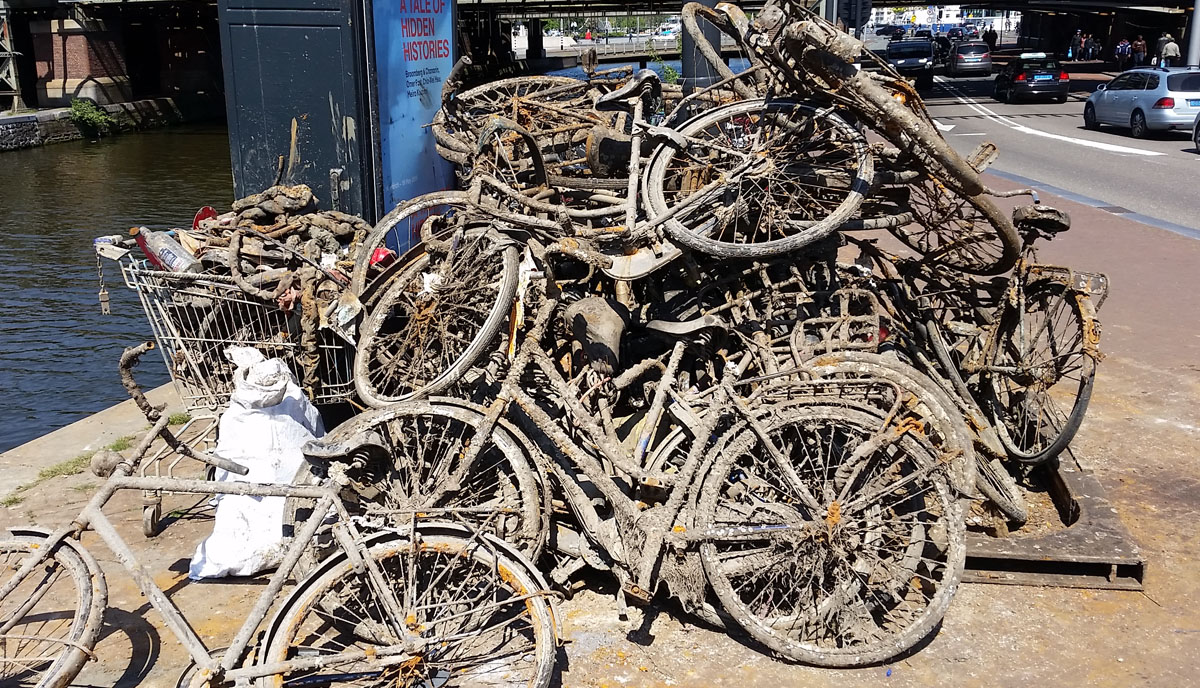Last summer, at a time when I was having trouble sleeping, a friend told me how he used his sleep monitoring smart watch to discover the things he did that both helped and hurt his sleep activity. My conversation with him combined with watching my son use his new smart watch to control his phone drew me to purchasing my first smart watch, a Garmin Fenix 7.
I indeed learned a lot over the next few months about what actions were either good or bad for my body and health. I began to alter my activities to hone in better health, lower stress, and total body recovery after exercising. Then recently an event occurred that opened my eyes to what used to happen to my body when I was a practicing surgeon.
Every time I had a late case that caused me to lose most of the night’s sleep, I found myself dragging the next day. I noticed as I aged, these all-nighters were taking a greater toll on me each year. In college, I could stay up all night cramming for a test and function pretty well the next day. When I was 50 years old, that next day was pretty taxing and it took 2-3 days to fully recover.
Now I am 60 years old who no longer has a call schedule and for the first time in a long time I pulled an all-nighter. But this time I was wearing a smart watch that was tracking my health parameters. The most eye opening findings came from tracking my training readiness and my stress levels. The findings lead me to believe we should find a way to do away with the 36 hour shift many physicians have to endure. Working all day on Tuesday, then being on call through the night and potentially getting no sleep, and then working all day on Wednesday is very taxing on our bodies. Here is what I discovered from my all-nighter.
I have been watching my body battery (how rested and ready for action my body is at the moment) and stress levels for months now. I am impressed by how accurate they seem to be. I have learned to listen to my body and can now tell when my stress level is high or low. When my stress levels are high, my body battery and training readiness don’t recover as well as they should, especially during sleep. When my stress levels are low, my body battery and training readiness make rapid recoveries.
I didn’t think much of it until one day at the dinner table my son and I compared numbers. He does lots of exercise and aerobic activity every day. I do not do nearly what he does. Yet when we compared our stress levels mine were sky high compared to his. My stress levels were often more than double his at any given time. Yet he seemed to be putting his body through more stressful things than I was.
So I started doing things differently, behaving more like what he does, to see how it affected my stress level. The first variable I tested was my hydration level. He carries a large bottle of water around and drinks frequently. I only drink during the day when I am thirsty. I never needed to urinate during the night, which I had heard was a sign of low hydration. So I tried hydrating.
When my stress level was very high, I drank too large glasses of water and an hour later my stress levels had dropped significantly. I discovered that being dehydrated put a larger strain on my heart and my body.
Then I looked closely at eating. Large meals, deep fried dishes, and meat created higher stress levels. So making the appropriate changes dropped my stress levels, and I could get my body battery to recover in a pattern closer to what my son experiences.
Then came the all-nighter. I have been retired now for six years and have not pulled an all-nighter since leaving clinical medicine. We were planning to take a three week vacation and our flight left early in the morning so we were being picked up by a taxi at 3:15am. This all-nighter was largely self-imposed.
The day before I left town for an extended period I had a lot of loose ends to take care of, so they wouldn’t be bugging me while I was gone. But this particular day was not normal. Several last minute things dropped into our lap on top of the planned activities for the day. My daughter-in-law, being in the neighborhood that morning, brought the grandkids by for a two hour visit. I had to meet with a contractor about some work we were having done while we were gone. We had our grandson’s second birthday party to attend, and my parents came to our house before the party to go over some things they needed done. There were several other smaller unexpected add-ons that needed my attention before our departure.
Once all the loose ends were tied up, it was very late before we even started to think about packing for the trip. By the time we were packed and ready to go, it was almost time for the taxi to arrive, so I didn’t get any sleep before we left home. I also did not get any sleep on the plane.
By the time I was ready for bed the next night, I was really tired.
Waking up the next morning, I thought I had a pretty good night’s sleep. But when I checked my watch that morning I was very surprised at the finding. My training readiness score had dropped to one. This is a scale, measuring from 1 – 100, of how recovered I currently am for a workout. I had never seen a score of one, the lowest possible. I looked back through old results and found a few other times in my history where this score had dropped to one, all of which followed a bad night’s sleep.
Although I thought I had a good night’s sleep, my training readiness was still one. I tried to do a workout that morning, but I just didn’t seem to have the energy to do it, so I cut it short. I concluded that the watch might just be right in giving me a low training readiness score.
So after another night’s sleep, my training readiness came up from horrible to poor. By the third night’s sleep my training readiness had recovered to High. The APP left me a message “Nice job! You are well-rested and ready for action.”
It took me three night’s sleep for my body to recover from the all-nighter. But as I look back, that is exactly what I noticed as I have aged, it now takes longer to recover from lost sleep. Now it takes me 2-3 days to get back to normal after a lost night’s sleep.
Unfortunately, physicians have chosen a career that operates 24/7. Someone has to be available at 2am to save lives. Maybe we need to work at finding ways to cover those night shifts without the sleep deprivation plan that I followed during my career.
When we get into a time crunch, sleep is often one of the first things we sacrifice in order to “get it done.” Maybe that concept should be re-examined. My recent all-nighter was my own doing. I wanted to cram in a few extra things before leaving. I could have left one day later and saved the loss of the first two days of our trip, when I was too tired to do anything active.
If lost sleep costs more productivity time than the hours crammed in at the expense of sleeping, then it is not a good trade off. We need to rearrange our schedules, stop procrastinating until it cost sleep time, postpone things so we can get better sleep, or simply set a bedtime and keep it.
Sleep matters a lot more than I thought it did and now I can see the data on my own body to back that up. Trading a few hours of sleep for two poor days of production is not a good trade off. At the time we think the tradeoff is worth it. But usually the loss of sleep if from our own bad planning. Like the all night cram session before a test. It is a lot better to study a little more during the prior weeks, so I don’t feel the need to pull an all-nighter. Procrastination and poor planning caused my recent all-nighter. Those college nights and my recent night were unforced errors. I’m going to avoid those in the future. How about you?






It’s honestly amazing that in the medical profession, who should know best about the deleterious effects of poor sleep and lack of sleep, we continue to allow for our training physicians to have the worst schedules for years on end, which is nowhere near appropriately compensated. As you stated above, we are so bad on our own health. (Just compare this to lawyers who bill for every 6 minutes spent on a project. At least they are getting paid/able to bill when working on the job. If they lose sleep they willingly do so, and get paid for it. We often do not get paid for what we do, especially overnight, and if we do, we are vastly underpaid, to the point where it is not worth it. Yet we still do it.)
Francis,
Yes, you are right, we don’t care very good care of ourselves. Maybe you could come up with a solution. It has been this way for so long because there doesn’t seem to be a better way to get the job done and get enough teaching time in.
Truly insightful, unfortunately, American culture embrace and celebrate such “ heroic “ personal
dysfunctions.